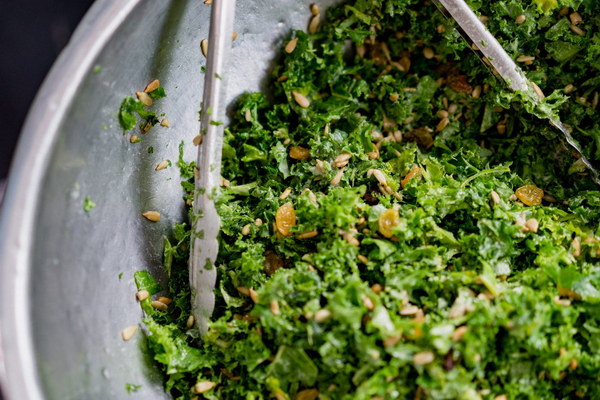Natures Breather Exploring Herbs and Flowers for Lung Nourishment and Health
In the realm of traditional medicine, the lungs are often considered the gate of life due to their vital role in respiration. To maintain their health and vitality, many turn to natural remedies, particularly those derived from herbs and flowers known for their lung-nourishing properties. This article delves into the world of natural lung care, highlighting some of the most renowned herbs and flowers that can help in lung nourishment and respiratory health.
1. Elderberry (Sambucus nigra)
Elderberry is a well-known herbal remedy that has been used for centuries to support respiratory health. Its berries and flowers contain high levels of flavonoids, which have antiviral, anti-inflammatory, and immune-boosting properties. Elderberry can be consumed as a tea, syrup, or in supplement form to help soothe the throat and support the immune system, thereby aiding lung health.
2. Thyme (Thymus vulgaris)
Thyme is another herb with a long history of use in respiratory care. It is rich in essential oils, including thymol and carvacrol, which have antibacterial and antiviral properties. Thyme can be used in herbal teas, added to soups or stews, or taken as a tincture to help clear mucus from the lungs and respiratory tract, thus aiding in respiratory infections.
3. Peppermint (Mentha × piperita)
Peppermint is a refreshing herb that can help ease congestion and soothe the respiratory system. Its menthol content has a natural decongestant effect and can help open up airways. Peppermint can be inhaled as a steam, added to a hot bath, or consumed as a tea to provide relief from respiratory issues.
4. Eucalyptus (Eucalyptus globulus)
Eucalyptus is a powerful herb known for its ability to clear respiratory congestion. Its essential oil, particularly eucalyptol, is a potent expectorant and decongestant. Eucalyptus can be used in steam inhalations, applied topically (with a carrier oil), or added to a diffuser to help alleviate respiratory discomfort.
5. Marshmallow Root (Althaea officinalis)
Marshmallow root is a mucilaginous herb that has been used traditionally to soothe sore throats and respiratory irritations. It helps to coat and protect the lining of the throat and respiratory tract, which can be particularly beneficial during colds and flu. Marshmallow root can be prepared as a tea or taken in capsule form.
6. Licorice Root (Glycyrrhiza uralensis)

Licorice root has a sweet, soothing flavor and is often used to support the respiratory system. It contains glycyrrhizin, which has anti-inflammatory properties and can help reduce swelling in the throat and lungs. Licorice root is commonly found in teas and tinctures and is often combined with other lung-nourishing herbs for enhanced effects.
7. Ginger (Zingiber officinale)
Ginger is a versatile root that can help alleviate respiratory symptoms such as cough and colds. It has natural expectorant and anti-inflammatory properties that can help clear mucus and soothe the throat. Ginger can be consumed as a tea, added to dishes, or taken in supplement form.
While these herbs and flowers offer natural support for lung health, it's important to note that they should not replace medical treatment. If you have a chronic respiratory condition or are considering using herbal remedies, it's always best to consult with a healthcare professional to ensure safety and effectiveness.
Incorporating these natural lung-nourishing herbs and flowers into your routine can be a delightful and beneficial way to support respiratory health. From the delicate elderberry to the invigorating eucalyptus, these botanicals remind us of the healing power of nature, one breath at a time.









